BAF Vietnam Agriculture Joint Stock Company (HoSE: BAF) has just passed a Resolution on terminating the operations of an agricultural unit, and at the same time buying 5 pig farming companies in Quang Tri.
A series of pig farming companies fall into the hands of the giant BAF
BAF Vietnam Agriculture Joint Stock Company (HoSE: BAF) has just passed a Resolution on terminating the operation of BAF Vietnam Agriculture Joint Stock Company branch in Ba Ria - Vung Tau.
In addition, BAF has sent a notice to the State Securities Commission, Ho Chi Minh City Stock Exchange, and Hanoi Stock Exchange regarding the Resolution of the Board of Directors regarding the transfer of 171,500 shares, accounting for 49% of charter capital at 5 enterprises in Quang Tri.
The five enterprises acquired by BAF include: Hoang Kim HT-QT Joint Stock Company, Hoang Kim QT Joint Stock Company, Thanh Sen HT-QT Joint Stock Company, Viet Thai HT Joint Stock Company and Toan Thang HT Joint Stock Company. All five enterprises are located in Dong Ha City, Quang Tri Province and were established in 2021.
In addition, BAF also approved a resolution to transfer 95% of its capital contribution at Khuyen Nam Tien High-Tech Livestock Company Limited with a value of 47.5 billion VND. With 95% ownership of Khuyen Nam Tien Company, this will be BAF's second subsidiary in Dak Lak after Bao Ngoc Livestock Company Limited.
It is known that last October, BAF put into operation the Hai Ha farm cluster, the largest in the North with an area of nearly 50 hectares. This farm is located in Hai Ha district, Quang Ninh province, and is the second largest of BAF after the farm in Tay Ninh. The investment cost of Hai Ha farm cluster is about 600 billion VND.
In particular, this farm applies the world's leading modern standards of "isolation belt", isolating residential areas, surrounded by mountains to absolutely achieve the goal of biological safety.
To date, BAF has put into operation a system of 36 high-tech pig farms across the country, bringing BAF's total herd to more than 500,000, producing nearly 1 million commercial pigs per year. BAF said it will receive and put into operation 6 new farm clusters according to advanced technical standards in the period 2024 to 2025.
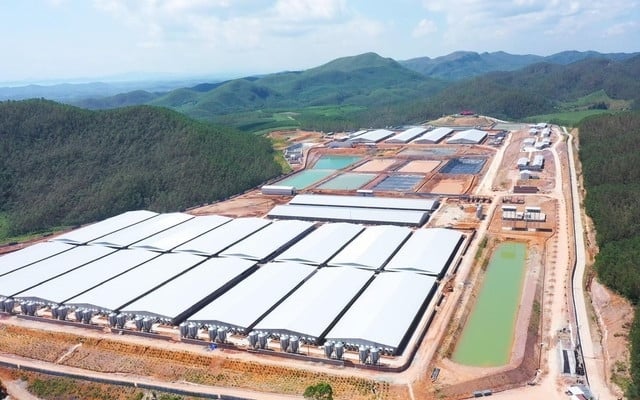
This is BAF's second largest farm. Photo: BAF
Recently, BAF also signed a cooperation agreement with Muyuan Company - a business of China's richest pig farming billionaire to receive the transfer of smart livestock technology equipment, applying AI to the operating process throughout the entire livestock chain...
Muyuan is expected to support BAF in achieving its goal of expanding to 450,000 sows and 10 million pigs by 2030. With modern technologies transferred from Muyuan, BAF will upgrade its livestock waste management process, recycling and efficient use of resources. Thereby minimizing negative impacts on the environment and developing a circular economic chain.
Gradually taking over natural market share from the decline of small-scale livestock households
In terms of business operations, BAF previously shared that its business results are growing positively, mainly due to the continuous expansion of herd size and increased pork consumption output during the recent period.
In the third quarter of 2024, BAF Vietnam recorded revenue of more than VND 1,300 billion, up 8% over the same period last year. Thanks to good cost control, especially from two animal feed factories and a 10-20% decrease in raw material prices, gross profit increased by 56%, reaching VND 223 billion. Gross profit margin improved from 12% to 17% (the livestock segment alone achieved a profit margin of up to 25%).
Revenue from pig sales in the third quarter of 2024 reached VND 856 billion - an increase of 2.3 times over the same period and accounting for 65% of the revenue structure, thanks to the output of pigs sold reaching 163,000. By the end of the quarter, BAF's total pig herd reached 520,000, an increase of 73% compared to the beginning of the year, corresponding to the output of commercial pigs reaching about 1,000,000.
The improvement in gross profit and the reduction in losses from other activities resulted in BAF Vietnam recording a pre-tax profit of over VND67 billion, an increase of 63% over the same period last year.
In the first 9 months of the year, BAF Vietnam recorded consolidated net revenue of VND3,927 billion, up 8% over the same period. Pre-tax profit reached nearly VND275 billion, up 4.6 times over the same period last year.
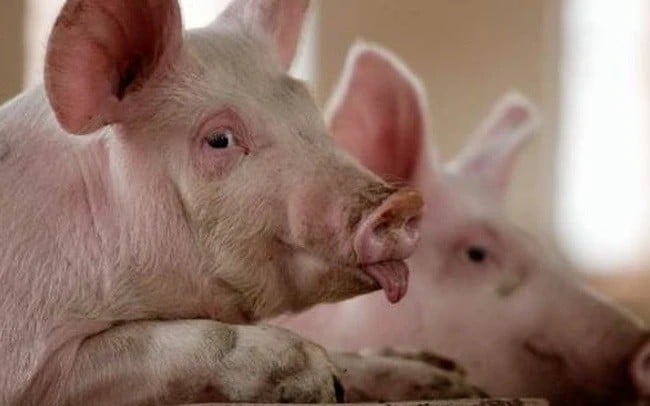
Agriseco Securities (AGR) assessed that BAF could grow positively in the last quarter of this year thanks to the following factors: The price of animal feed ingredients has cooled down. The prices of some animal feed ingredients such as wheat and corn have decreased by 30-40% compared to the peak in 2023. With the characteristic that animal feed ingredients are mainly imported, livestock enterprises in Vietnam can reduce input costs in the context of cooling down animal feed ingredient prices.
Pig prices have recovered positively since the beginning of 2024. Currently, the average pig price is still being traded at 61,000 - 64,000 VND/kg, an increase of nearly 26% since the beginning of this year. The reason comes from the total pig herd being affected by the recent outbreak of African swine fever and Typhoon Yagi, affecting the pig supply in the Northern region and the whole country.
In addition, the regulation on the prohibition of livestock farming in the livestock law will officially take effect from 2025, forcing many livestock farmers to relocate and even suspend their barns, affecting the total pig herd, giving livestock giants like BAF the opportunity to increase production, revenue and profits.
Although “born later” than Hoang Anh Gia Lai’s banana-eating pigs, BAF Vietnam is currently maintaining its position in the top 5 largest livestock enterprises in Vietnam.
Seeing opportunities in the face of challenges as competitors falter, BAF has invested heavily in developing its farm and factory systems, ready to take advantage of the economic recovery cycle with the goal of becoming a top 3 company in the industry. BAF Vietnam plans to double its total vegetarian pig herd by the end of 2024, reaching 75,000 sows and 800,000 pigs.
Mr. Truong Sy Ba, representative of BAF Vietnam, affirmed that small-scale livestock farmers are BAF’s vital competitors. The company aims to gradually gain market share from this group.
BAF representative commented that the market share of small-scale farmers will continue to decrease in the next few years. BAF and other livestock enterprises are gradually taking over the natural market share from the decrease of small-scale farmers. It is expected that in the next 7-10 years, livestock companies will take over all the small-scale market share, and then the competition will really develop.
Source: https://danviet.vn/dai-gia-baf-mua-lien-mot-luc-5-cong-ty-chan-nuoi-lon-o-quang-tri-giai-the-mot-cong-ty-nong-nghiep-2024110909453834.htm


![[Photo] Schools and students approach digital transformation, building smart schools](https://vstatic.vietnam.vn/vietnam/resource/IMAGE/2025/3/29/9ede9f0df2d342bdbf555d36e753854f)
![[Photo] Unique Ao Dai Parade forming a map of Vietnam with more than 1,000 women participating](https://vstatic.vietnam.vn/vietnam/resource/IMAGE/2025/3/29/fbd695fa9d5f43b89800439215ad7c69)
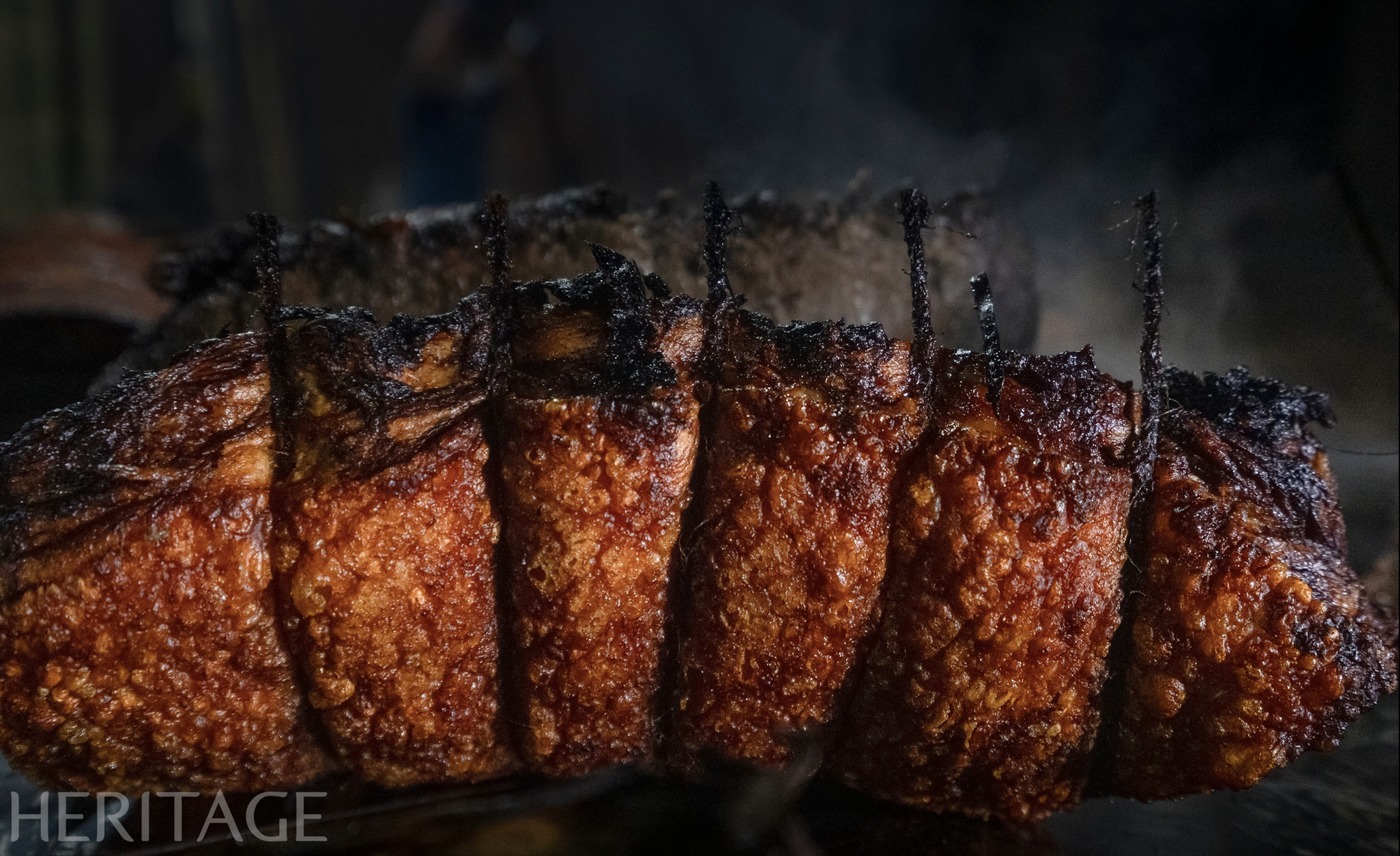
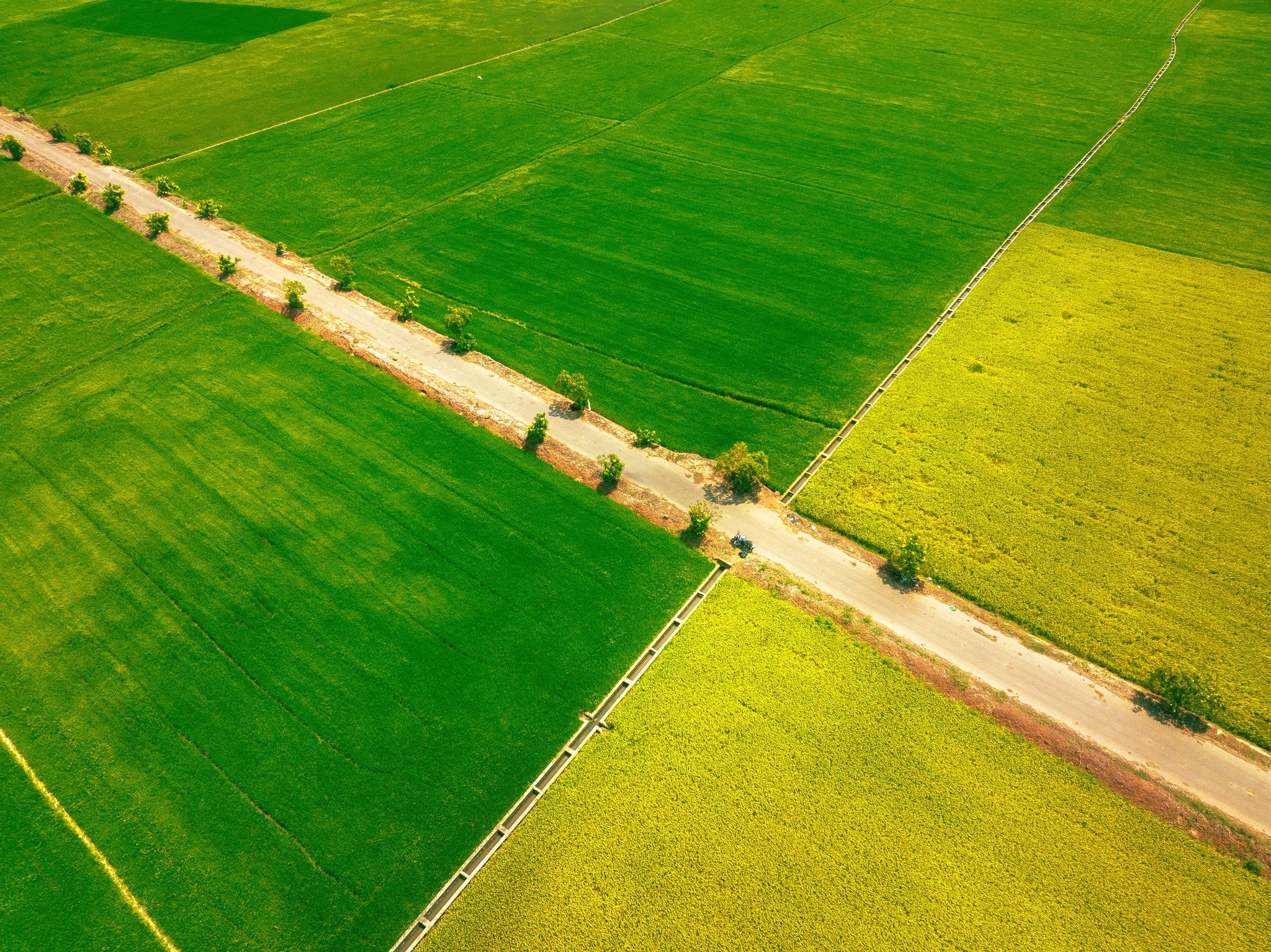
![[Photo] Brazilian President visits Vietnam Military History Museum](https://vstatic.vietnam.vn/vietnam/resource/IMAGE/2025/3/29/723eb19195014084bcdfa365be166928)

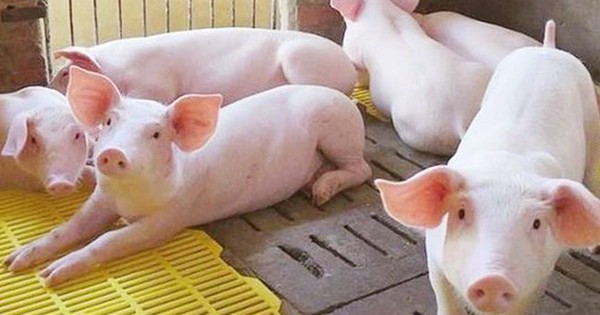
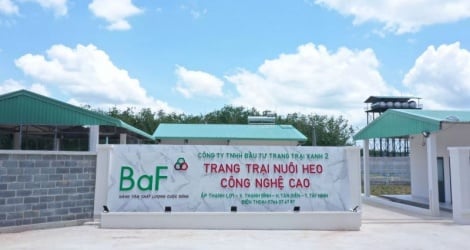

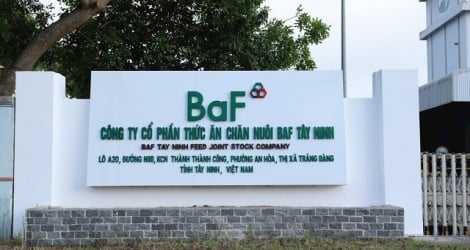
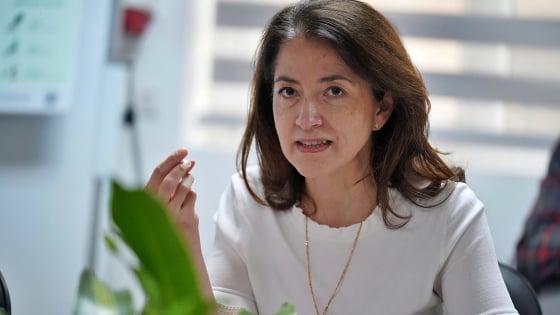
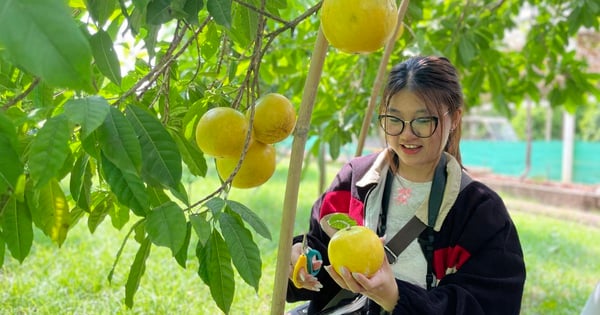
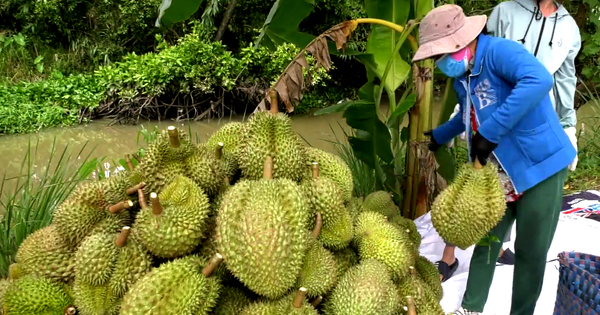
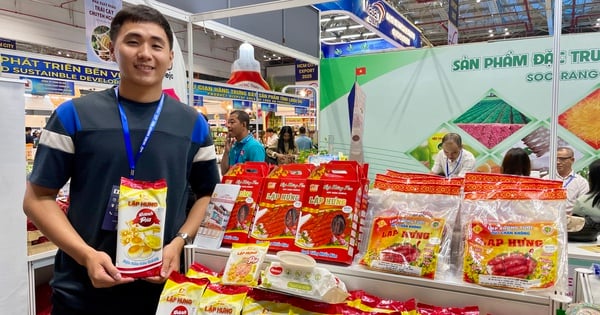
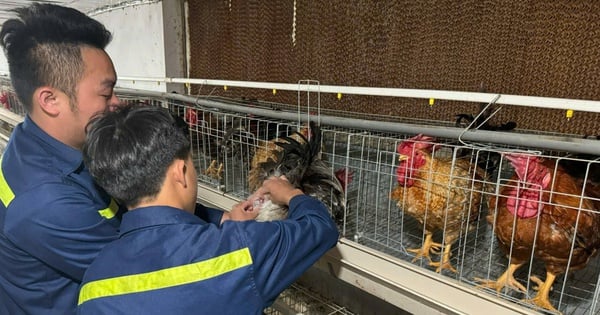
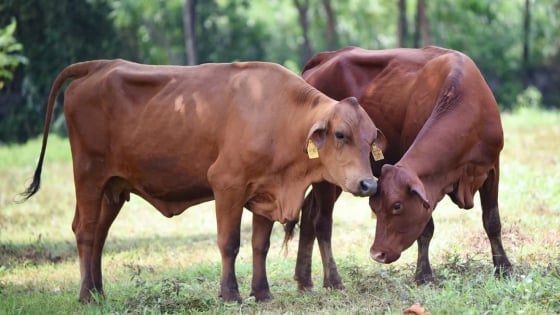




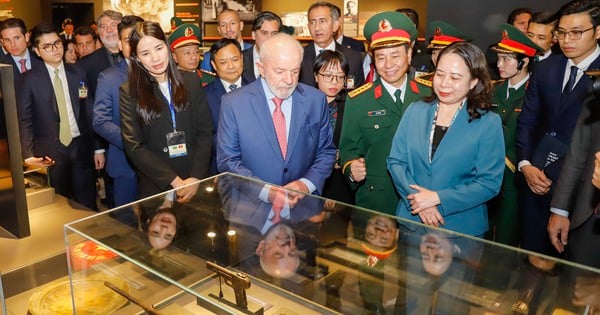
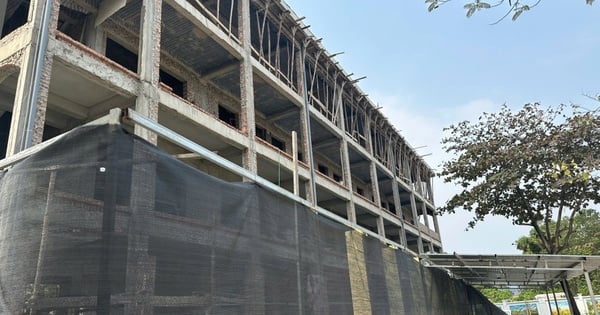
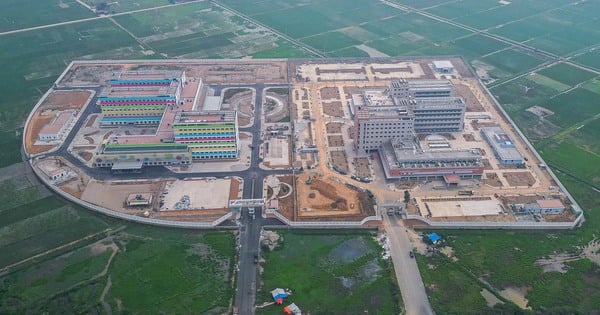
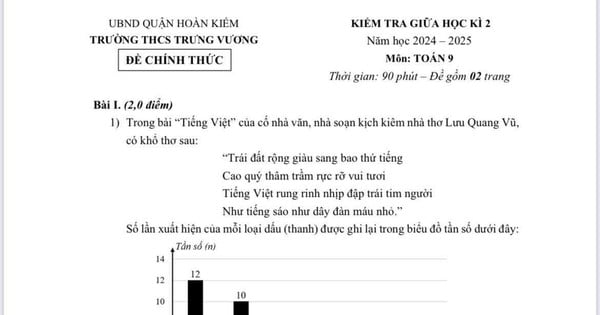

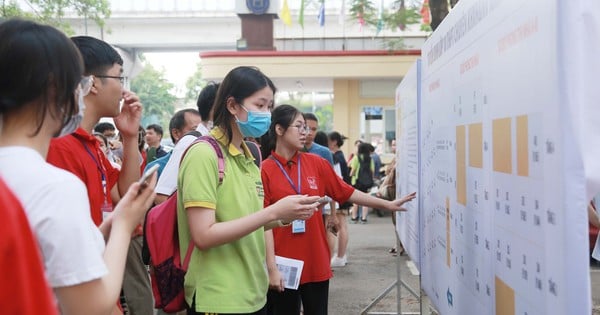
![[Photo] Training the spirit of a Navy soldier](https://vstatic.vietnam.vn/vietnam/resource/IMAGE/2025/3/29/51457838358049fb8676fe7122a92bfa)










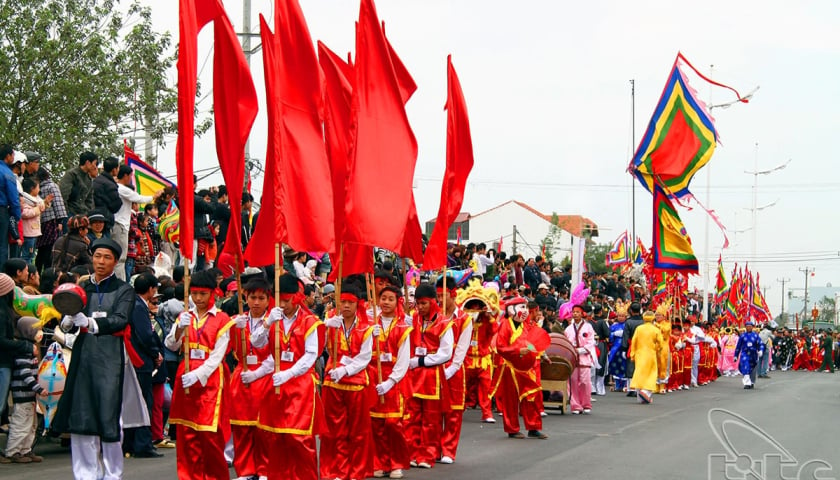


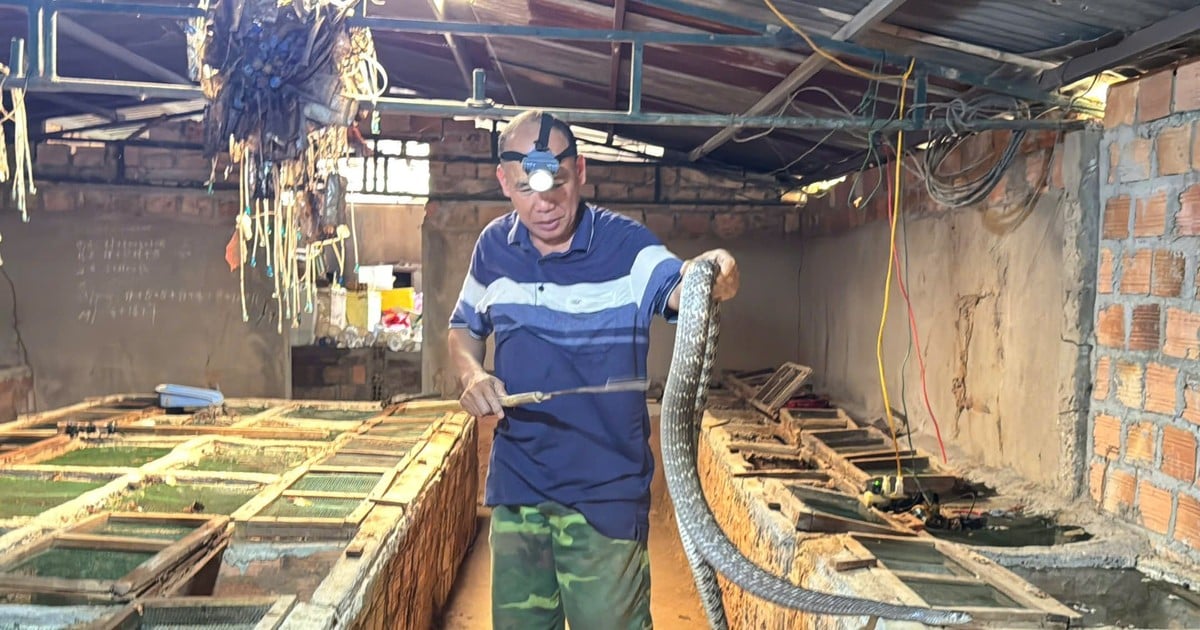
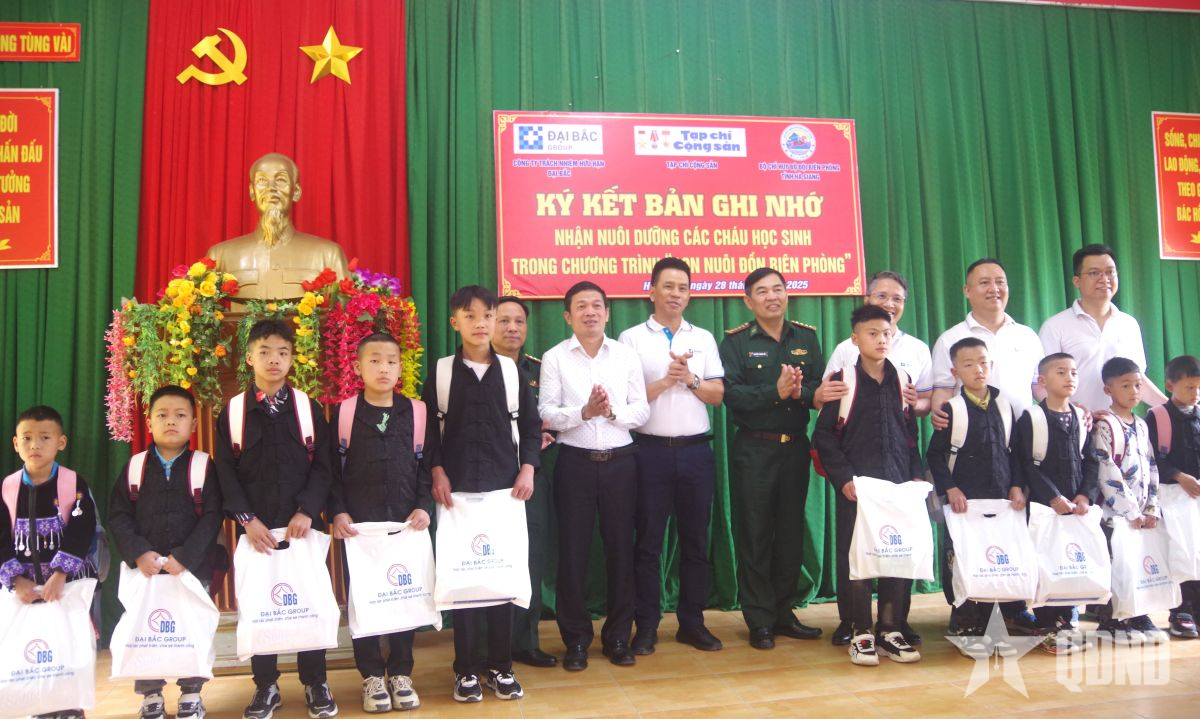
















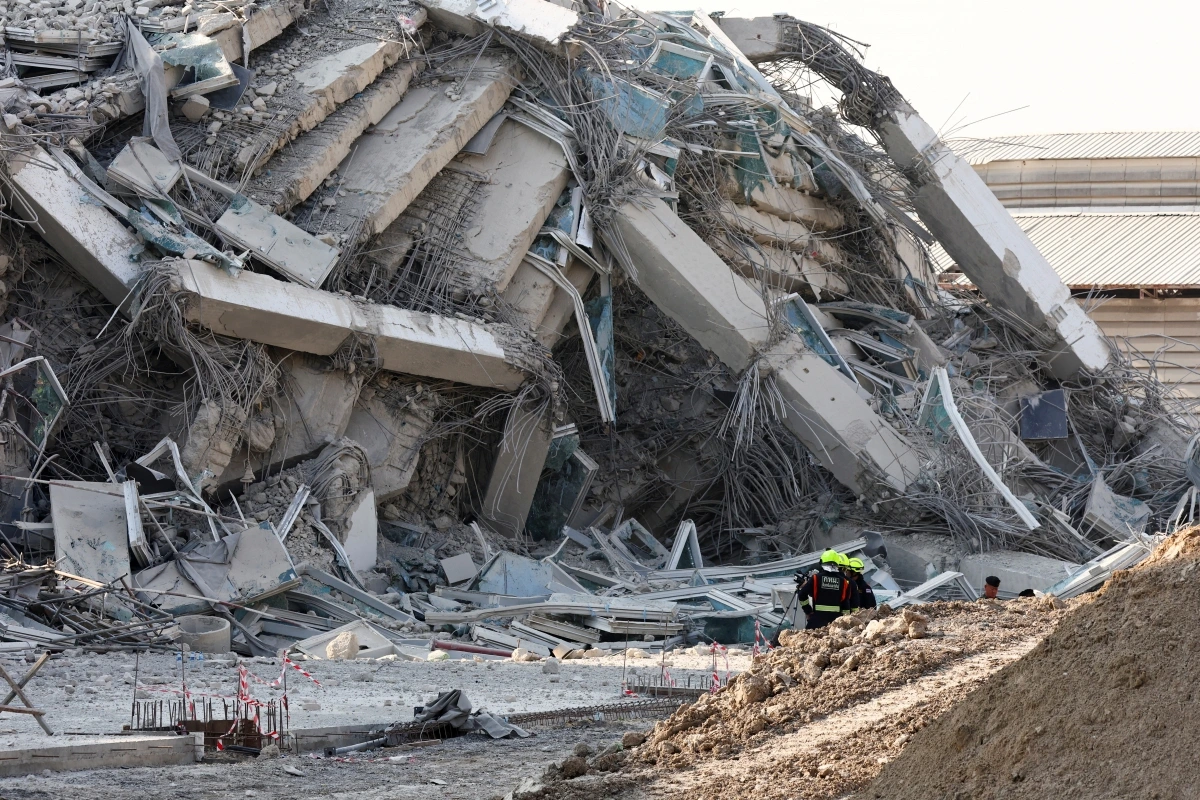
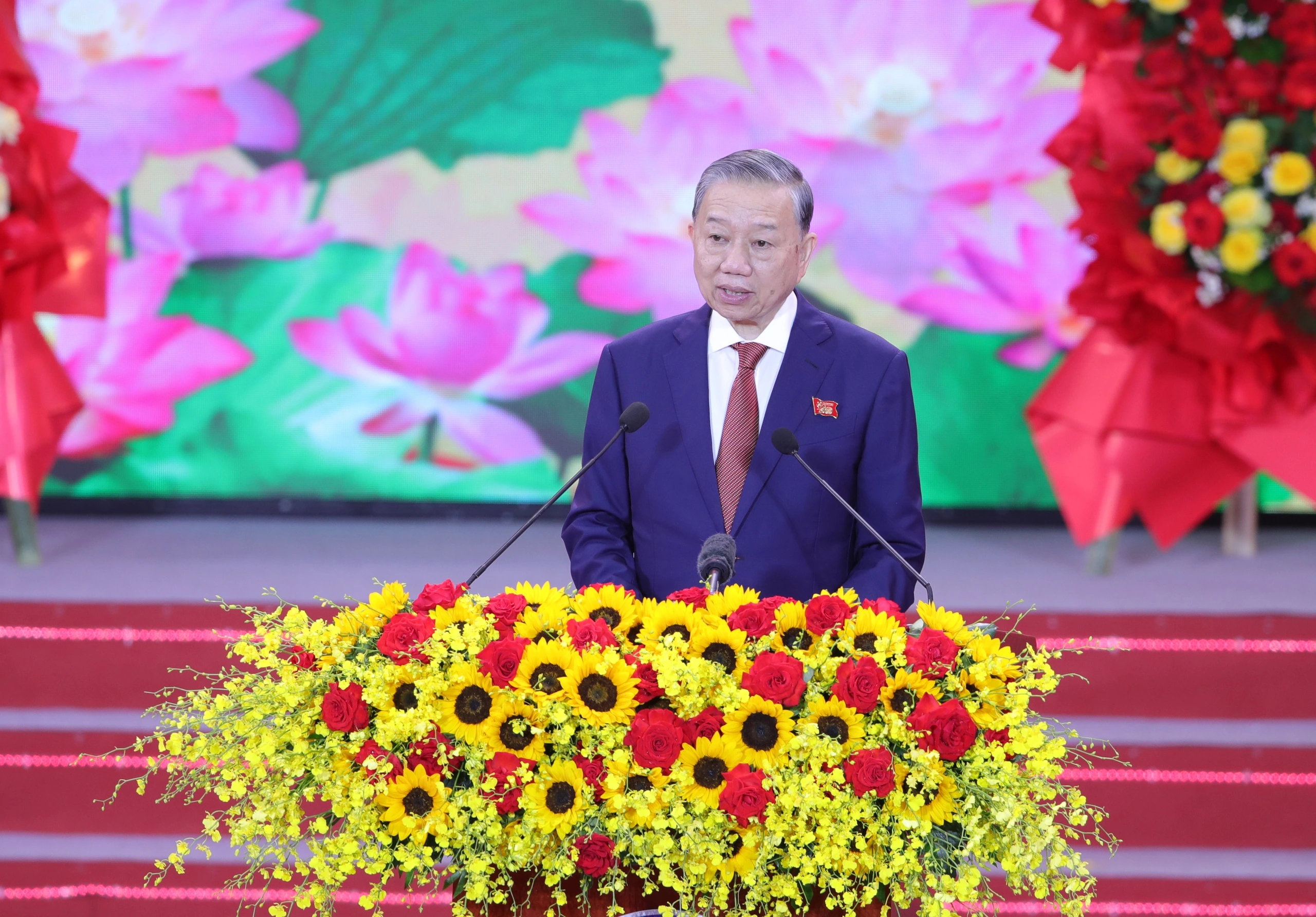

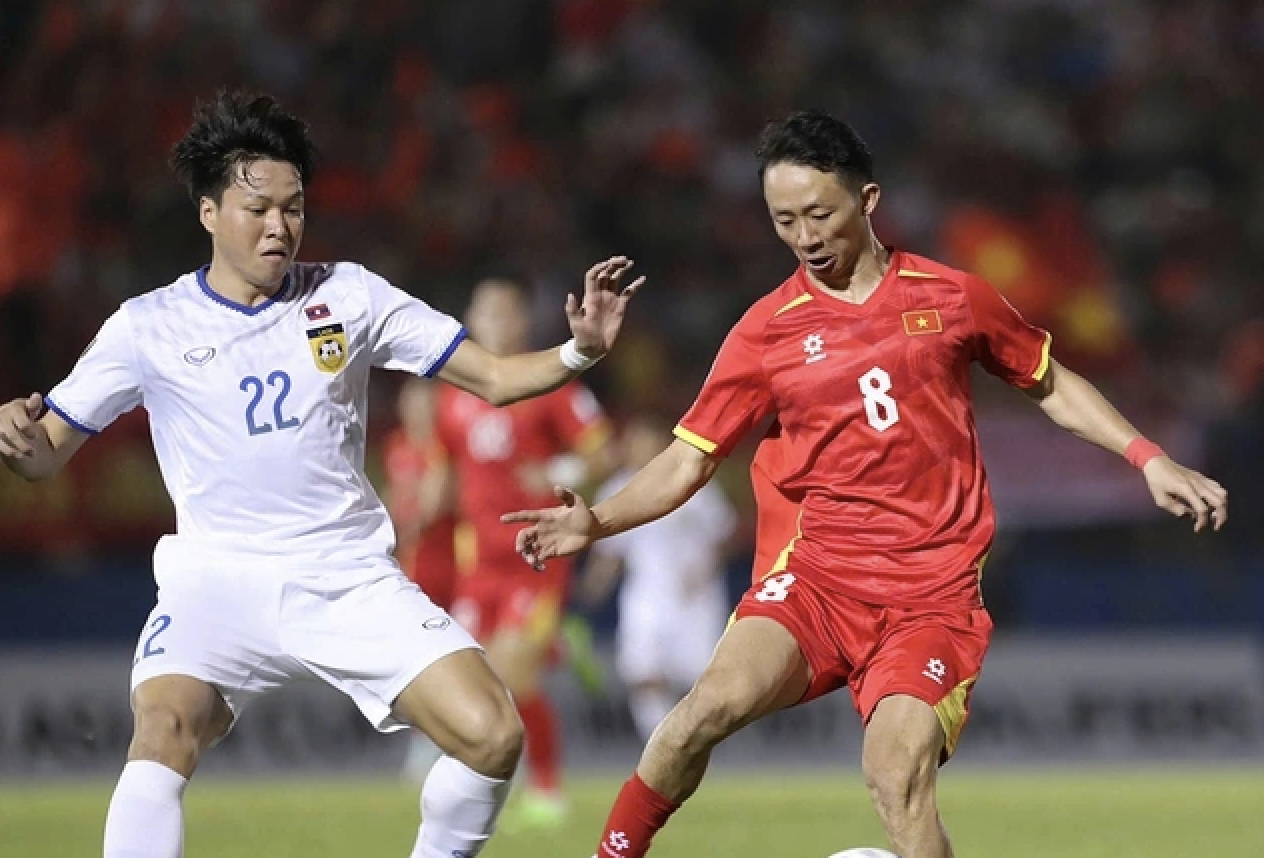
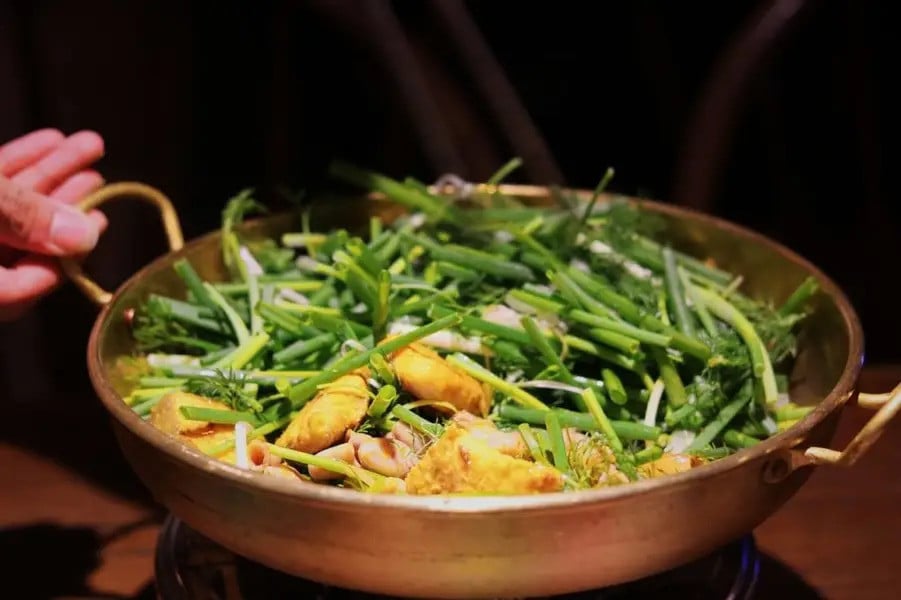
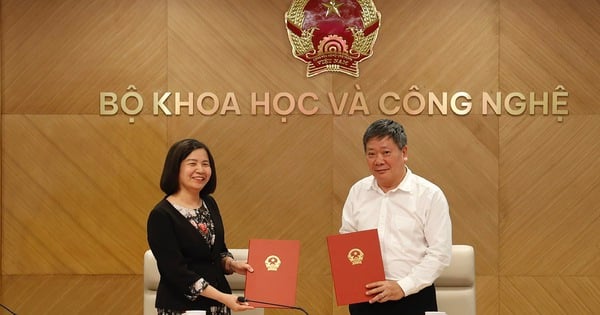

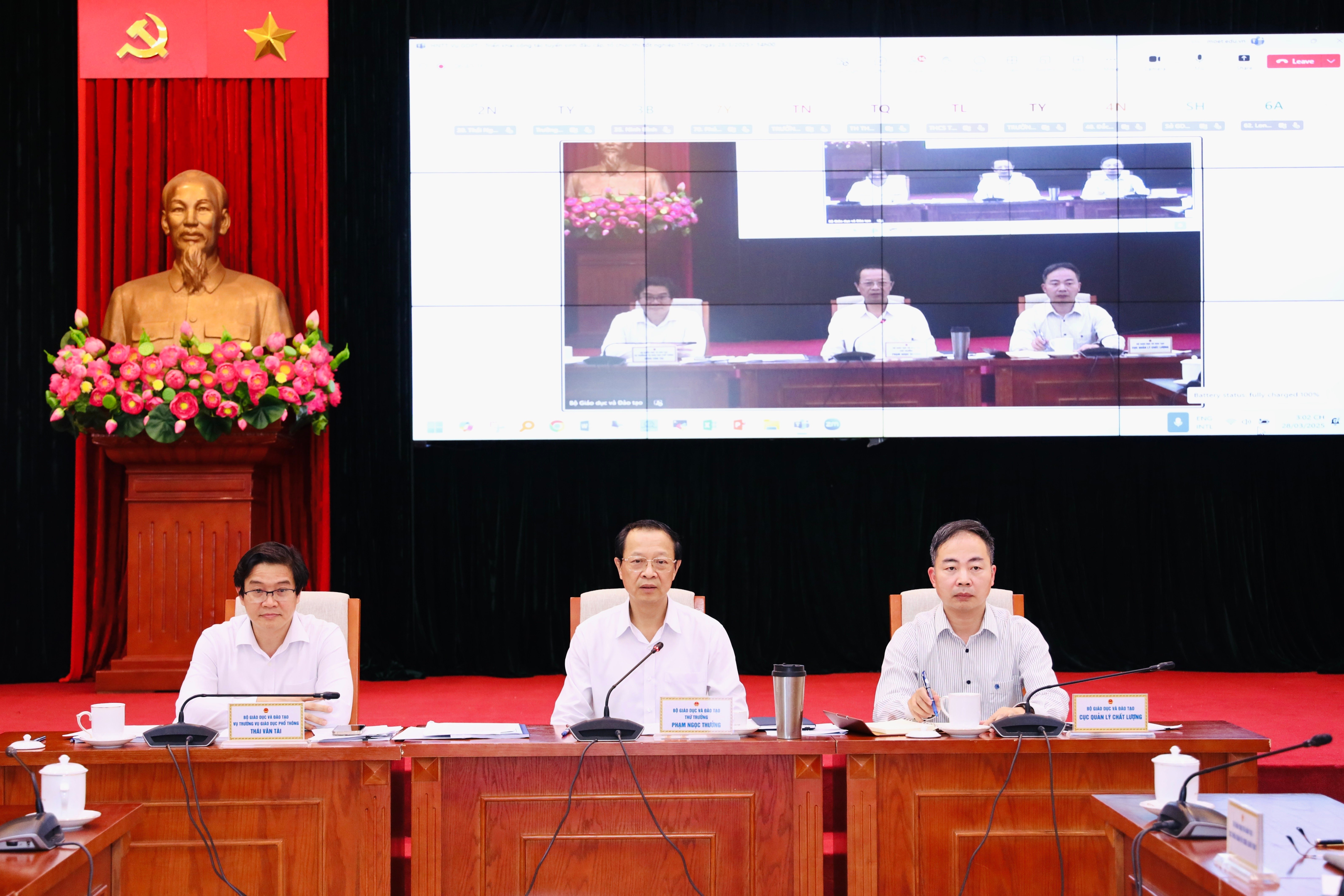



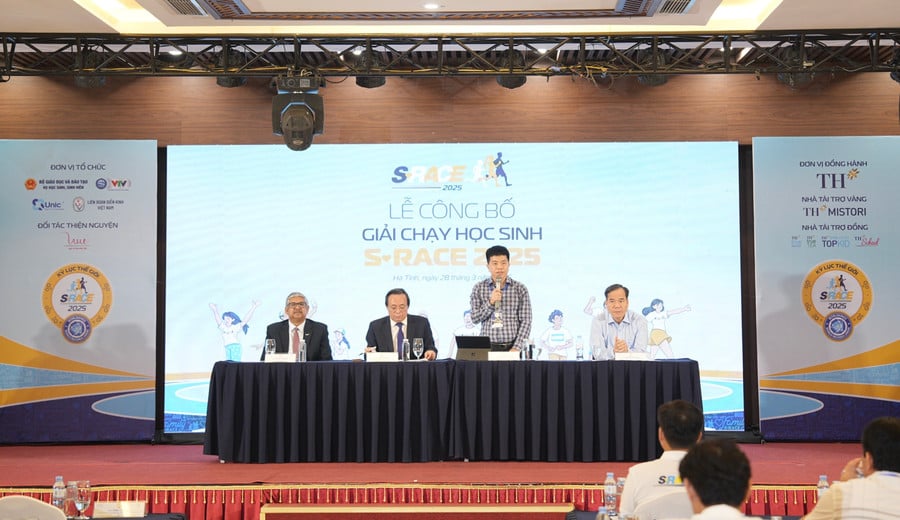
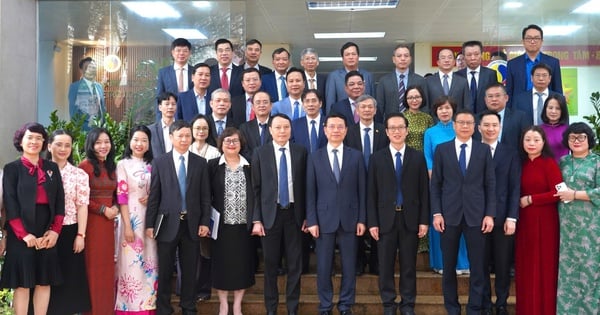



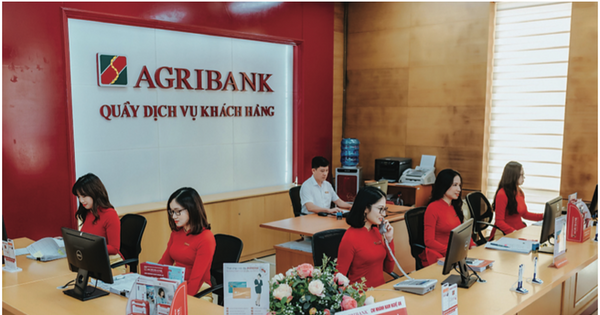
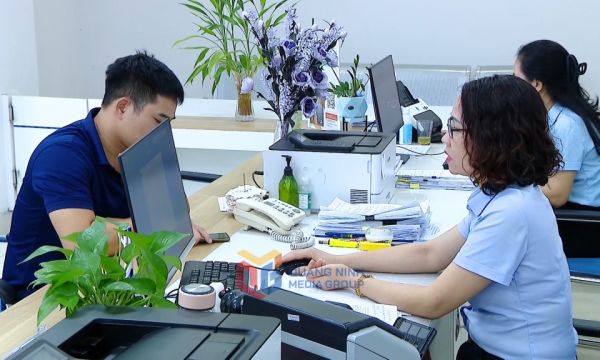

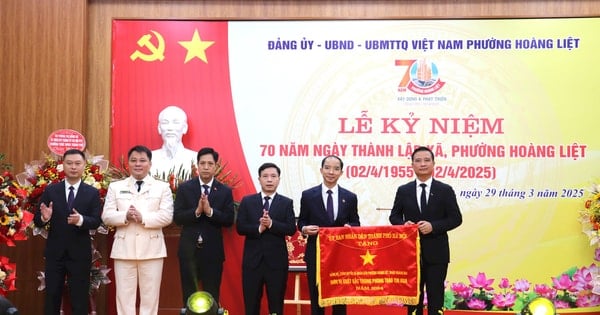














Comment (0)